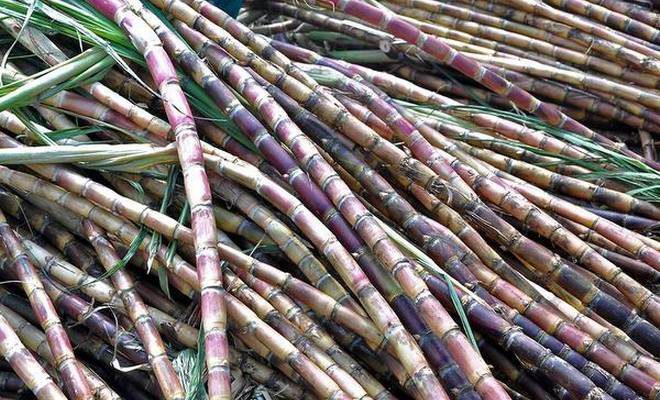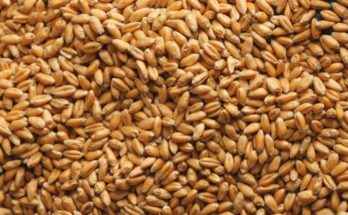The Indian Sugar Mills Association (ISMA) has called the revised Fair and Remunerative Price (FRP) of sugarcane for the sugar season 2018-19, approved by the Cabinet Committee of Economic Affairs (CCEA) as “unaffordable” for the sugar mills.
“The current FRP of Rs.255 per quintal linked to a basic recovery rate of 9.5 percent, is unaffordable at current sugar prices, because of which at the end of June, 2018, cane price arrears are still over Rs.18,000 crore. For the first time, the cane arrears are so high, and the highest ever. Therefore, the increased FRP for next season, Rs.275 per quintal at 10 percent recovery, will be more unaffordable for the sugar mills to pay to the farmers, unless concrete and focussed steps are taken to help improve ex-mill sugar prices to at least Rs.35 a kilogram,” commenting on the newly revised FRP for sugarcane, Abinash Verma, Director General, ISMA said.
Earlier in the day, the CCEA chaired by Prime Minister Narendra Modi had approved the FRP of sugarcane for sugar season 2018-19 at Rs. 275 per quintal for a basic recovery rate of 10 percent. The revised FRP will be applicable for purchase of sugarcane from the farmers in the sugar season 2018-19, starting with effect from October 1, 2018, by the sugar mills.
The sugar mills body has also recommended to make strong efforts to export 60 to 70 lakh tonnes of sugar, to improve cash flows. The sugar production in sugar season 2018-19, is expected to be around 350-355 lakh tonnes but sugar consumption is expected to be around 255 lakh tonnes in the country.
“To bridge this huge gap, additional cash flows would have to be managed supplementing domestic sale, by mainly exporting sugar, as cane price payment next year would be at Rs.97,000 crore, which would be difficult for the sugar mills to pay not only during the season but even at the end of the season in Sept 2019,” Verma said.
The sugar sector is an important agro-based sector that impacts the livelihood of about 5 crore sugarcane farmers and their dependents and around 5 lakh workers directly employed in sugar mills, apart from those employed in various ancillary activities including farm labour and transportation.





